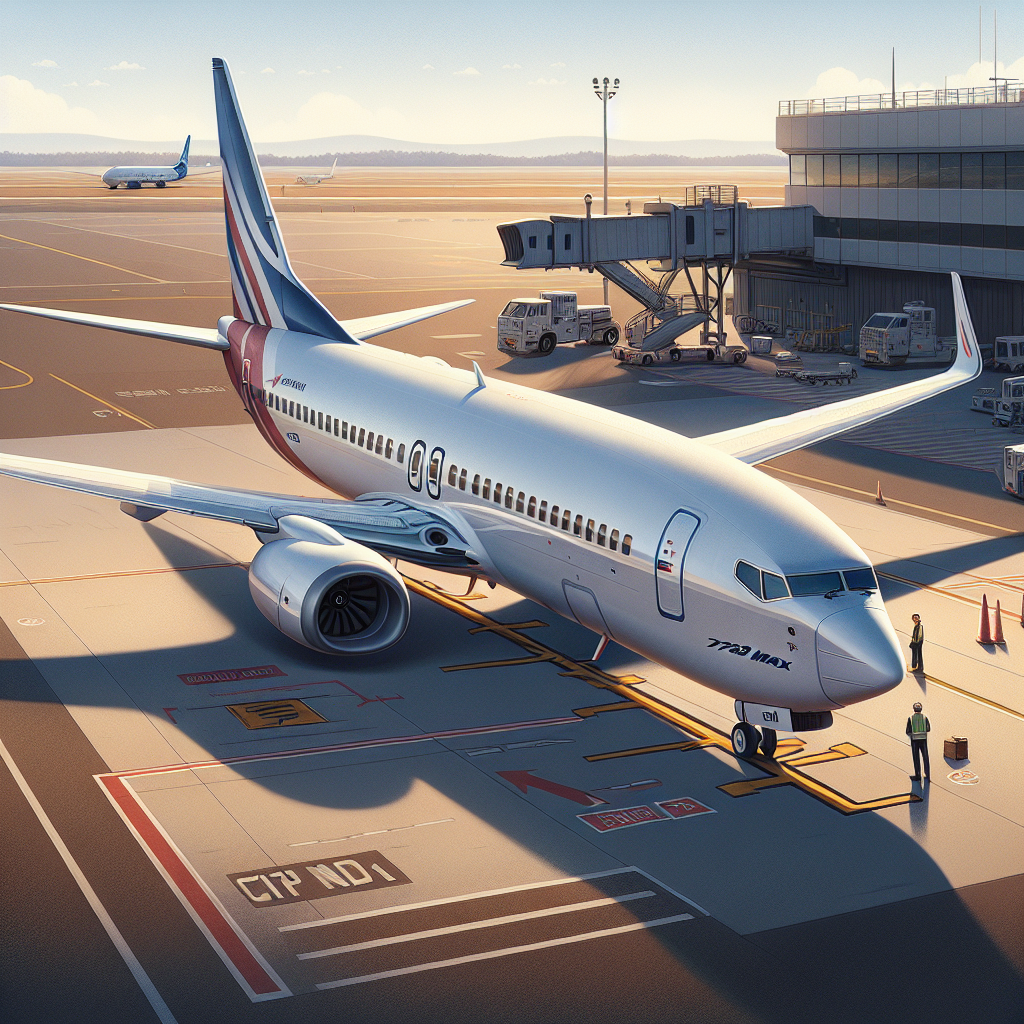Boeing's High-Stakes Union Showdown: Strikes, Stock Drops, and Supply Chain Woes
Boeing and union leaders are keen to resolve a strike impacting over 30,000 factory workers demanding better wages. The ongoing strike's repercussions include stock declines, financial strain, and potential rating downgrades. Both parties aim to negotiate a resolution swiftly to stabilize production of Boeing’s 737 MAX and other jets.

Boeing and union leaders are eager to return to the bargaining table and quickly settle on a contract acceptable to factory workers who went on strike on Friday at a crucial time for the planemaker trying to turn around its operations.
More than 30,000 International Association of Machinists and Aerospace Workers (IAM) members who produce Boeing's top-selling 737 MAX and other jets in the Seattle and Portland areas voted on their first full contract in 16 years, with 94.6% rejecting it and 96% favoring a strike. Shortly after midnight, striking workers started to gather outside Boeing factories in the Seattle area.
Chief Financial Officer Brian West said Boeing wants to get back to the table, noting that the walkout will make it harder for Boeing to meet the production target for the 737 MAX jet and stabilize its supply chain. The union was also eager to return to the table as quickly as possible. "This is about fighting for our future," said Jon Holden, who headed negotiations for Boeing's largest union before announcing the strike vote result on Thursday.
(With inputs from agencies.)
ALSO READ
Captain Williamson Sangma Technical University gets UGC recognition
73 complaints against vulgar ads on TV channels: govt tells Parliament
Parliamentary Showdown: South Korea's Impeachment Vote
Notre Dame Reopens: Prince William's Diplomatic Visit to Paris
South Korean parliamentary motion to impeach President Yoon fails after ruling party lawmakers boycott vote, reports AP.










